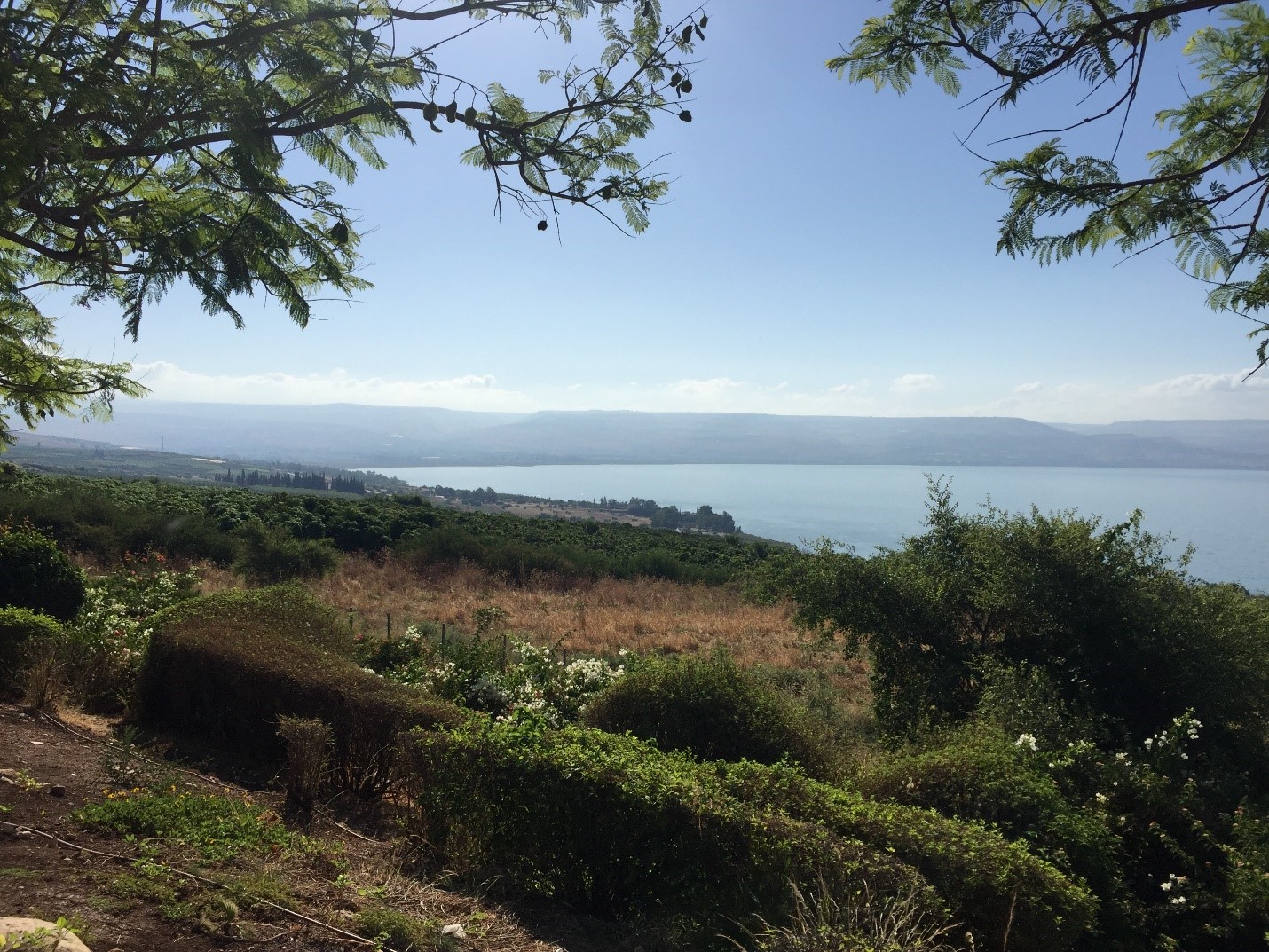
Why Did Jesus Pray? (Part 2)
Read Why Did Jesus Pray? (Part 1)
I’m investigating the Gospels for answers to the question, “Why did Jesus pray?” as a heuristic means of encouraging our own prayer lives. We know that Jesus prayed. But why did he pray?
One answer is found in the “place” that Jesus prays. We read Jesus’s teaching on the place of prayer in Matthew 6:5–6.
“And when you pray, you must not be like the hypocrites. For they love to stand and pray in the synagogues and at the street corners, that they may be seen by others. Truly, I say to you, they have received their reward. But when you pray, go into your room and shut the door and pray to your Father who is in secret. And your Father who sees in secret will reward you.”
This example is one of three contrasts that Jesus draws between attention-seeking hypocrites, who go through the motions of worship to glorify themselves, and those who genuinely worship. Jesus refers to those who give alms (Matt 6:2–4), those who pray (Matt 6:5–6), and those who fast (Matt 6:16–8). In each example, Jesus teaches that we can guard against our urge to be noticed when we worship by regulating the manner in which we seek to honor God. Namely, we should worship God in secret.
Note the contrast between the hypocrite and the genuine worshiper in terms of the manner in which they pray. The first prays in a very public place, the other in a very private. The first in the open air where people are milling about, the other out of sight, in his own room. Jesus even instructs, “Shut the door!”
The result of praying in private, where nobody sees, nobody knows, is that it forces the worshiper to have no other motivation than to talk to the Father, to spend time with Him. That is why Jesus prayed.
We see an example of Jesus’s teaching on secret prayer in his own life. Jesus is not praying in a closed room, but he is in essence praying while shutting himself off from everyone else. Matthew 14:22–23 says,
“Immediately he made the disciples get into the boat and go before him to the other side, while he dismissed the crowds. And after he had dismissed the crowds, he went up on the mountain by himself to pray. When evening came, he was there alone.”
Notice how emphatically Matthew paints the portrait of Jesus’s solitude. First, Jesus urgently compels his disciples to leave him for the other side of Galilee: “Immediately, he made the disciples get into the boat.” The word “made” is a verb of force. Jesus was not taking “no” for an answer. Second, Jesus set aside his busy ministry with needy people: he prayed “after he had dismissed the crowds.” Third, we went to a deserted place: “he went up on the mountain.” Fourth, he took no one with him: he went “by himself.” Fourth, he continued in solitude for some time: “When evening came, he was there alone.” Most definitely, Jesus wanted “alone” time with the Father.
The seclusion of Jesus is even more striking when we note the contrast Matthew is drawing between what was happening in Jesus’s life at that moment, and what his disciples were going through. Matthew 14:24 explains that the disciples were “a long way from the land” and that they were having a rough time of it. The boat was “beaten by the waves, for the wind was against them.” In parallel accounts, John describes the “strong wind” the disciples were fighting (John 6:18), and Mark literally says that the rowing was torturous (Mark 6:48).
So here is a picture of Jesus in quiet solitude up on a mountain and his disciples packed together in a small boat, sweating and pulling against the elements in a dangerous place where Jesus himself had sent them. Of course, Jesus knows what he is doing, and he eventually comes walking to them on the very waves at which they strained (Matt 14:25–27). But what would allow Jesus, knowing the needs of the people, knowing the situation of his own disciples to send everyone away in order to be by himself? To put it simply, Jesus hungered for communion between himself and the Father. He wanted to pray to the Father who is “in secret” (Matt 6:6).
Perhaps one way to critique our own time of prayer, therefore, is to question our motivation by means of the test of solitude. When we are with other people and prayer is expected of us, we will not disappoint. We will endeavor to lead in strong, biblical prayers, being careful to follow the pattern of exalting God, thanking God, and asking for needs. Or we will get in our prayer circles with others and help to lead the group to the throne of grace when it is our turn.
But non-corporate prayer is a matter of privacy, “getting alone with God,” where nobody sees and nobody knows. And this simple fact strips away any other motivation for prayer other than our desire to commune with the Father. How quick or eager are we to pray to the Father in secret? Are we really no better than the hypocrites who pray only when there is a crowd? Or do we, like Jesus, have a developing life of private prayer, because of a deep and genuine affection for true communion with our heavenly Father?

